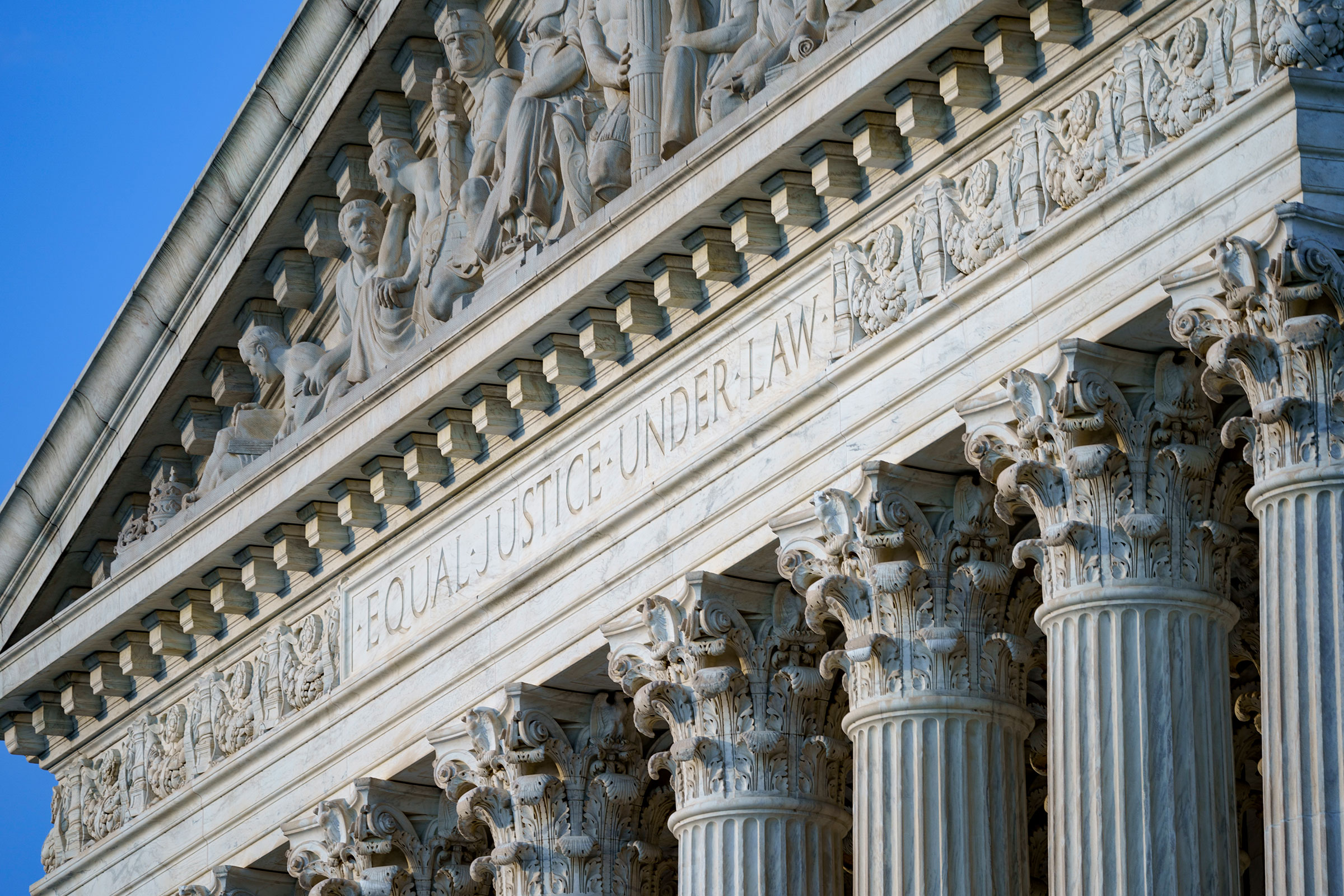On Thursday, the Supreme Court ruled that two controversial voting rights laws from Arizona do not violate the Voting Rights Act (VRA), weakening the landmark ballot. It was split along conservative/liberal lines, with Justice Samuel Alito writing for the 6-3 majority.
The case, brought by the Democratic National Committee in 2016, claimed that two Arizona laws that ban ballot collection and require ballots cast in the wrong precincts to be thrown out discriminate against minorities. A federal appeals court had ruled in favor of the DNC in 2020, which was overturned by the Supreme Court.
Since President Trump spread rumors about voter fraud in the 2020 election, a slew of Republican states have introduced similar voting restrictions, many of which experts say violate minority rights. This ruling affected Section 2 of the VRA, and a previous ruling had effectively eliminated Section 5 as well. The new ruling set out new "guideposts" for courts to use in the future, including weighing the size of the discriminatory impact of a given law, as well as what other options voters have to cast a ballot, both standards Brnovich and the Arizona GOP had argued for.
Justice Elena Kagan wrote the dissent, saying that many new voting laws have still served to discriminate against minorities, and the VRA is still very important. Fortunately, the ruling does not completely eliminate the VRA, but it certainly makes it much harder to prosecute.
The White Hosue released a statement saying that it was disappointed in the Supreme Court's decision, and called on legislators to pass more laws protecting voting rights.

No comments:
Post a Comment